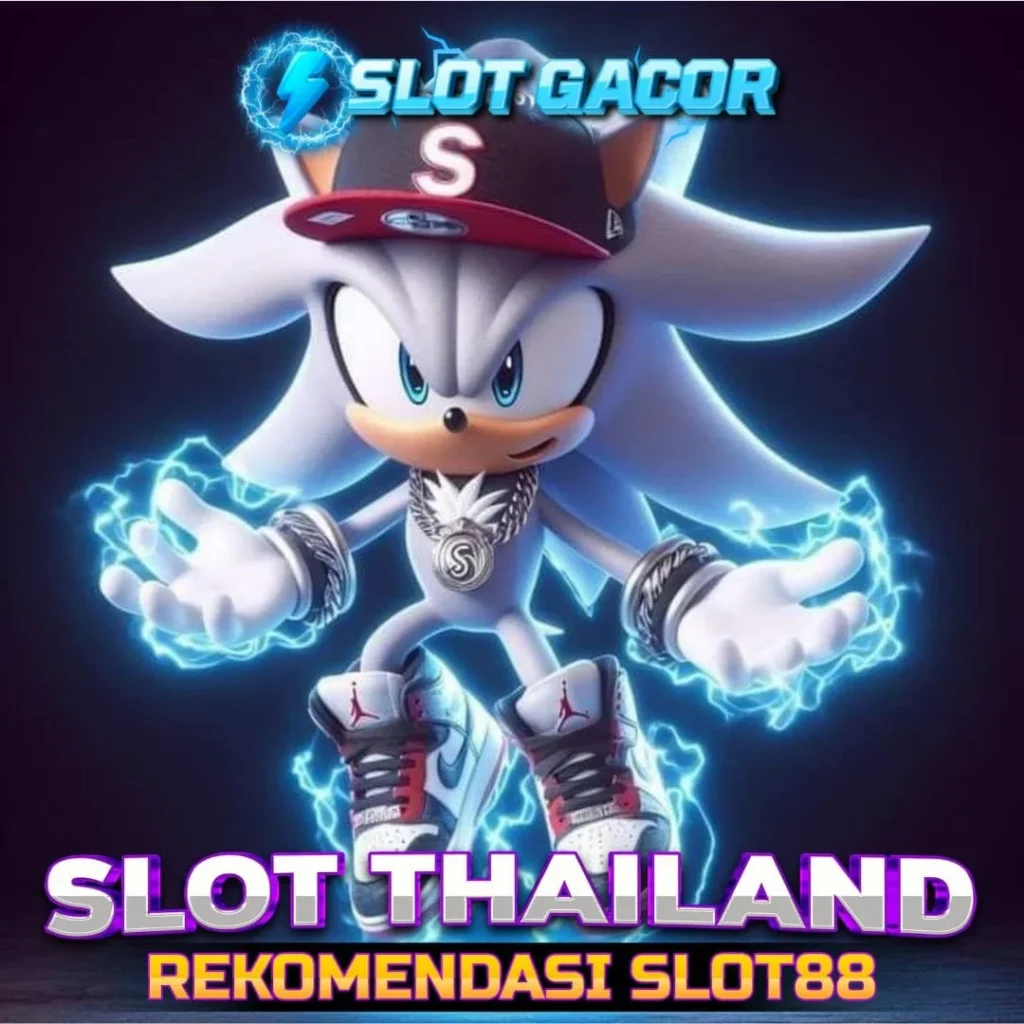November 18, 2025
No Comments
The landscape of video games is a dynamic tapestry woven with innovation, musang178 login captivating narratives, and unforgettable gameplay experiences. From the pioneering days of 3D graphics to the cutting-edge realism of today, players have been transported to countless worlds, battled formidable foes, and forged indelible memories. This journey through the annals of gaming history often converges on a singular question: what truly makes a game one of the “best”? It’s a multifaceted inquiry, considering factors like groundbreaking mechanics, emotional resonance, replayability, and sheer cultural impact. For millions worldwide, many of these pinnacle experiences have been found within the expansive ecosystems of PlayStation and its groundbreaking portable counterpart, the PSP. Delving into these platforms reveals a treasure trove of titles that not only defined generations but continue to influence the industry to this day.
The original PlayStation, or PS1, burst onto the scene in the mid-1990s, fundamentally reshaping the console market with its embrace of CD-ROM technology and a bold focus on 3D graphics. This era ushered in a new level of immersion and complexity previously unimaginable for home consoles. Among the best games from this formative period, *Final Fantasy VII* stands as an undisputed titan, revered for its epic storyline, unforgettable characters, and revolutionary CGI cutscenes that blurred the lines between gaming and cinema. Equally impactful was *Metal Gear Solid*, a game that didn’t just popularize the stealth genre but elevated it with a gripping, cinematic narrative and deeply philosophical themes. Horror found a new home with *Resident Evil*, birthing an iconic franchise that kept players on the edge of their seats, while platforming prowess was redefined by the likes of *Crash Bandicoot* and *Spyro the Dragon*, offering vibrant worlds and challenging gameplay that captivated audiences of all ages. These PS1 games were more than mere entertainment; they were cultural phenomena that laid the groundwork for future console generations.
Following the immense success of the PS1, the PlayStation 2 (PS2) arrived and promptly shattered sales records, becoming the best-selling home console of all time. Its longevity and astonishingly deep library of games cemented its legendary status. The sheer volume of quality titles released on the PS2 is staggering, making the selection of “best games” a truly challenging, yet rewarding, endeavor. The console became a haven for open-world enthusiasts with the *Grand Theft Auto* trilogy (III, Vice City, San Andreas), which offered unprecedented freedom and storytelling in expansive urban environments. Action-adventure reached mythical proportions with *God of War*, introducing Kratos and his brutal, visceral combat, while *Shadow of the Colossus* delivered a breathtakingly artistic and emotionally resonant experience centered around colossal boss battles. RPGs continued to thrive with *Kingdom Hearts*, blending Disney magic with Final Fantasy depth, and *Persona 3*, which pioneered its unique social simulation and dungeon crawling blend. The PS2’s diverse catalog ensured that there was a masterpiece for every kind of player, showcasing the true potential of interactive entertainment.
The PlayStation 3 (PS3) faced a competitive market but ultimately delivered a powerful punch with its Blu-ray capabilities and increasingly sophisticated online services. Its generation saw a further push towards cinematic storytelling and stunning graphical fidelity. Among its crowning achievements, *The Last of Us* stands out as a masterpiece of narrative, character development, and gritty survival gameplay, universally hailed as one of the greatest games ever made. Naughty Dog also gifted players the high-octane adventures of the *Uncharted* series, which combined thrilling action with witty banter and archaeological exploration. Rockstar Games once again redefined open-world experiences with *Red Dead Redemption*, offering an unparalleled Wild West saga filled with memorable characters and a poignant narrative. These PlayStation games frequently pushed technical boundaries, demonstrating the console’s capacity for complex worlds and compelling stories that resonated deeply with players, marking a pivotal era for interactive storytelling.
Moving into the modern era, the PlayStation 4 (PS4) continued Sony’s legacy of delivering visually spectacular and critically acclaimed exclusives. This console generation refined gameplay mechanics, deepened narrative complexity, and leveraged advanced graphical capabilities to create truly immersive worlds. *God of War* (2018) reinvented the beloved franchise with a mature narrative, stunning Nordic mythology, and a refined combat system, earning widespread praise. *Marvel’s Spider-Man* finally gave fans the definitive web-slinging experience, boasting fluid traversal and a heartfelt story set in a vibrant New York City. *Horizon Zero Dawn* presented a breathtaking post-apocalyptic world teeming with robotic wildlife and a compelling mystery. Even in the current generation with the PlayStation 5 (PS5), titles like the *Demon’s Souls Remake* and *Spider-Man: Miles Morales* continue to build upon this foundation, ensuring PlayStation remains a powerhouse for innovative and unforgettable gaming experiences.
Amidst the dominance of home consoles, Sony ventured into the portable market with the PlayStation Portable (PSP), a device that dared to bring console-quality experiences into the palm of your hand. The PSP wasn’t just a simple handheld; it was a multimedia powerhouse, boasting a vibrant screen and powerful hardware that allowed for truly ambitious titles. Its library of PSP games included several exclusive masterpieces that pushed the boundaries of portable gaming. The *God of War* series, specifically *Chains of Olympus* and *Ghost of Sparta*, proved that Kratos’s epic battles could be just as grand on a smaller screen, delivering spectacular visuals and satisfying combat. *Monster Hunter Freedom Unite* captivated millions with its addictive loop of hunting gigantic beasts, forging gear, and exploring vast lands, creating a dedicated fan base worldwide. For fans of open-world escapades, *Grand Theft Auto: Liberty City Stories* and *Vice City Stories* seamlessly brought the iconic GTA experience to a portable format, complete with sprawling cities and compelling narratives. RPG enthusiasts were not forgotten, with *Crisis Core: Final Fantasy VII* offering a poignant prequel to the legendary PS1 title, and *Persona 3 Portable* providing a refined version of the beloved social sim RPG. Perhaps the most groundbreaking was *Metal Gear Solid: Peace Walker*, which delivered a full-fledged, tactical espionage operation with robust co-op features, showcasing the PSP’s incredible potential for sophisticated game design. These handheld heroes proved that the “best games” weren’t confined to the living room, but could accompany players wherever they went, without compromising on depth or quality.
In retrospect, the journey through the PlayStation and PSP eras reveals a consistent commitment to excellence, innovation, and unforgettable storytelling. From the revolutionary 3D worlds of the PS1 to the unparalleled portability of the PSP, and through every console generation in between, these platforms have been home to some of the most critically acclaimed and beloved titles in gaming history. The “best games” from these systems are not merely technical achievements; they are cultural artifacts that have shaped generations of players, evoked powerful emotions, and fostered a global community united by the joy of interactive entertainment. As gaming continues to evolve, the legacies of these PlayStation and PSP games serve as enduring benchmarks for creativity, challenging developers to continuously push the boundaries of what is possible, ensuring that the next generation of masterpieces is always on the horizon.









